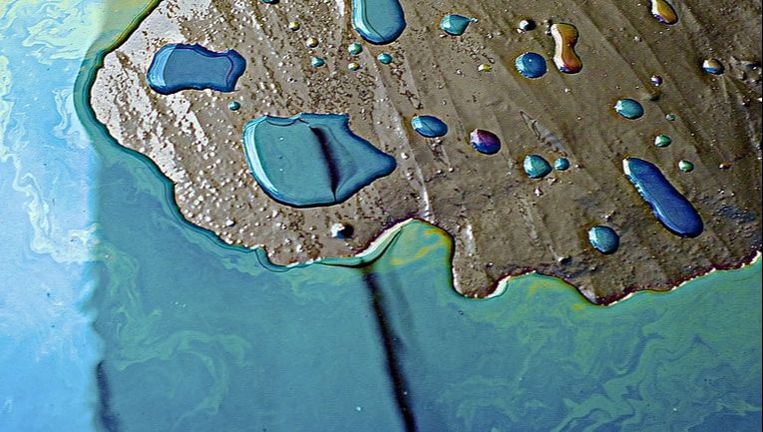|
When in comes to bicycle maintenance, there is one unavoidable task to make sure you can keep on pedaling - oiling your chain - unless of course you have taken the high road with a belt or shaft drive! At Cycling Rentals we wash, lube and tune a great many bikes throughout the year and that means a lot of bike washing, and a lot of oil residue running down the drain (although we actually use a decantation separator in our bike wash unit). Right from the start we knew this was a serious concern for us and opted for a totally biodegradable chain lube that guarantees top performance on the the bike and low or no harmful impact on the environment. We opted for Pedro's Biodegradable wet chain lube for winter and dry wax for summer, although there are other great products out there like GreenOil, but we like the brand and have been using their tools in our shop for years now. We also include a little bottle of chain oilwith rentals over 3 days so you can keep your bike lube green during your whole ride, and encourage you to use only this oil during your bike rental period. "if you wouldn't want to get it on yourself, would you want it in the environment?" The reason for this article is not to let you know how nice and environmentally concious we are but to get you as a cyclist to check your garage and think if the lube and cleaning products you use on your zero emission machine are as clean as the bike your ride? Wet lube products containing Teflon (or PTFE) and synthetic dry wax lubes are both particularly nasty when it comes to the environment and I question if the performance benefits outweigh the costs. According to The Ecologist, Scientific data shows that PFCs fulfill every single criterion for persistent bio accumulative toxins: that is they do not biodegrade, they accumulate in people, animals and the environment, and they have been shown in laboratory tests to be toxic to mammals. Although there are nearly 100 known PFCs, only two have been studied in any depth: perfluorooctane sulfonate (PFOS), a breakdown product of the stain-repellent Scotchguard (now withdrawn from sale), and perfluorooctanoic acid (PFOA), a breakdown product of Teflon. "Both have been found in the blood of nearly every human tested, as well as in animals in the Arctic and Atlantic oceans. In dry lubes, the wax is usually petrochemical-based, and the solvent, which is also petrochemical-based, can be anything from kerosene (jet fuel) to paraffin. All of these are ingredients of concern. Petroleum distillates are skin irritants and damaging to the lungs, as are propellants." Using a simple rule of thumb, if you wouldn't want to get it on yourself, would you want it in the environment? Written by Martin ThompsonAvid cyclist, environmentalist & co-founder at Cycling Rentals Comments are closed.
|
Cycling In Portugal |
Cycling In Spain |
Bikes & Equipment |
Follow UsFollow us on social media where we share all our special offers, news, events & more.
|
CONTACT Us |
Terms & Conditions | Privacy Policy | Travel Agents | Press Kit | Travel Insurance © Cycling Rentals 2022
Cycling-Rentals is a division of Cycling through the Centuries. Registered Tour Operator RNAAT nº58/2006. Registered Travel Agent RNAVT nº 5035
Cycling-Rentals is a division of Cycling through the Centuries. Registered Tour Operator RNAAT nº58/2006. Registered Travel Agent RNAVT nº 5035



 RSS Feed
RSS Feed





